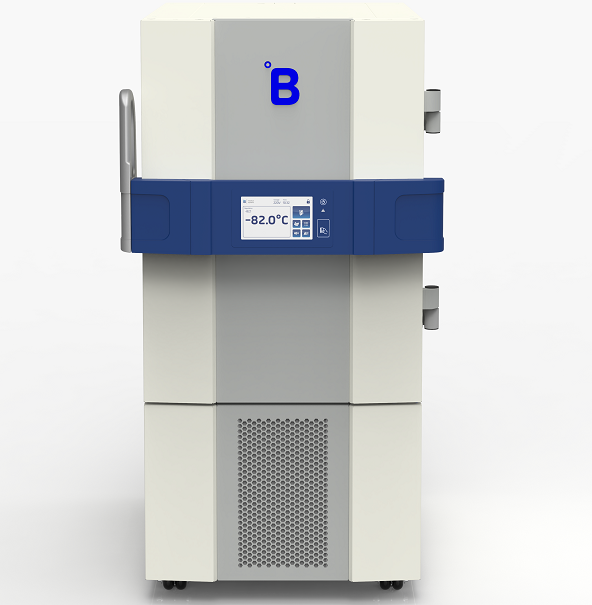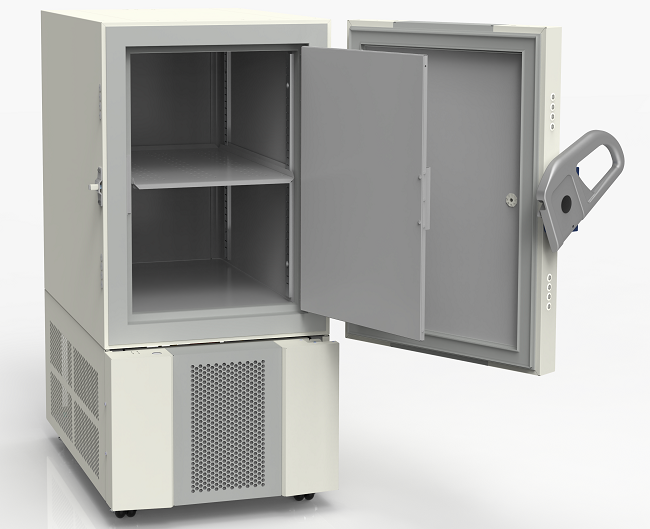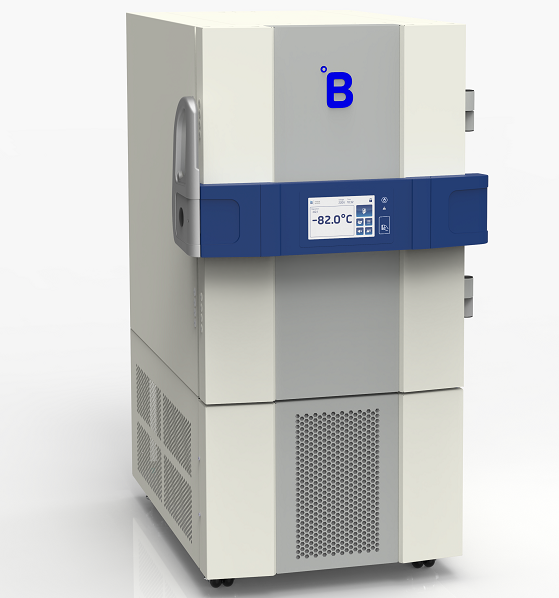ULTs, or Ultra-Low Freezers, are freezers that can store components at −86 °C or lower. For the long-term storage of thermosensitive samples and compounds, like genetic material, ULTs are most commonly employed in laboratories, hospitals, and research facilities.
For example, due to the volatile nature of the samples, chemicals, and final products, biomedical research facilities frequently employ ULTs.
Due to the COVID-19 pandemic, Ultra-Low Freezers have gained popularity as more mRNA-based vaccinations need to be stored at −70 °C for extended periods.
Among its products, B Medical Systems provides a variety of Ultra-Low Freezers with varied storage capacities. For small clinics and labs that only need to store a modest quantity of vaccines or specimens, the U201 model, with a storage capacity of 217 L, is appropriate.
The versatility of the operating temperature range is the main benefit of this ultra-low freezer, as it can safely store a variety of goods at temperatures between −86 °C and −20 °C. This feature essentially enables this model to also function as a regular medical freezer if necessary.
Source: B Medical Systems S.à r.l
| . |
. |
| Net Volume |
217 L | 7.66 cu ft |
| Cryoboxes Capacity |
150 |
| 2ml Vials Storage Capacity |
15000 |
| Set Temperature Range |
-86 °C to -20 °C |
| Ambient Temperature Range |
+10 °C to +43 °C |
| Certifications |
EU MDR Class IIa | ISO 14644-1 Class 5 | US FDA Class II |
| Net Weight |
195 Kg | 429.9 lb |
| Energy Consumption |
13.5 kWh/24 hours |
| Refrigerant Type |
Natural R290/R170 |
| Remote Monitoring |
°B Connected software / RTMD |
| Hold Over Time |
1 hour 0 minutes (-82 °C to -60 °C) at 25 °C |

Image Credit: B Medical Systems S.à r.l

Image Credit: B Medical Systems S.à r.l

Image Credit: B Medical Systems S.à r.l